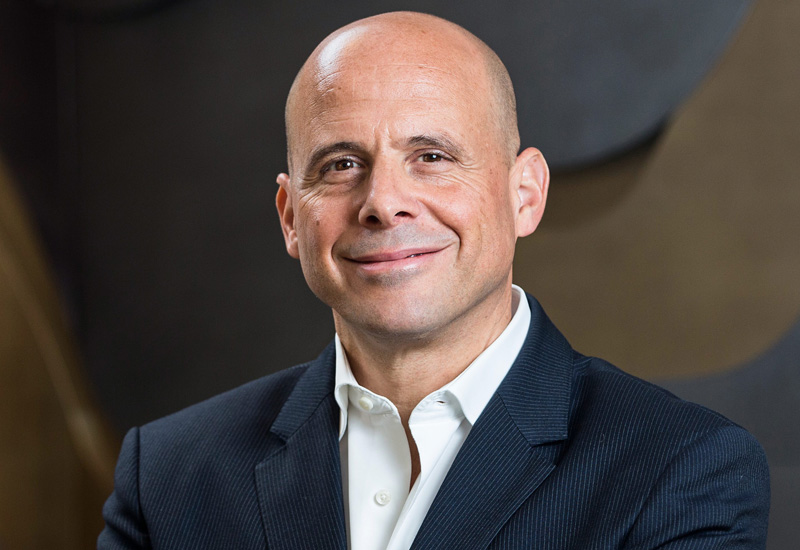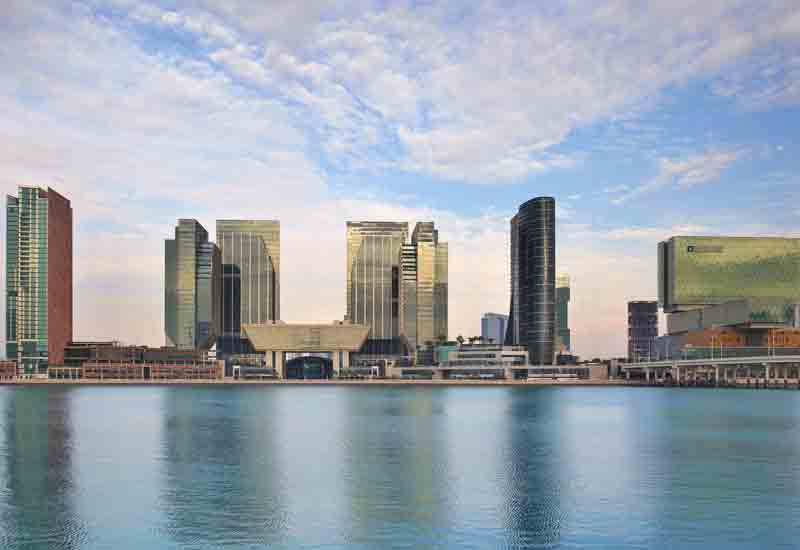He explores the reason behind this: “For us, and for me particularly, there is no snobbish way to approach what we do. You define quality at all levels, it’s a value proposition. Four Seasons is a luxury brand, which provides unique bespoke experiences to our guests. That’s a clear brand positioning for us, it’s a belief and at the core of everything that we do, and it’s not going to change.”
“If you think about luxury brands, the brand promise is what’s most valuable to your company and so if you start introducing new products which are not in keeping with the quality that your customer base is used to, you are creating confusion. And that’s something we would not do with Four Seasons. That was the vision from our founder Isadore Sharp, which has remained — that we only do hotels with exceptional quality.”
Four Seasons’ strategy is not similar to some of the larger hoteliers in the world. “Right now our strategy is that we have just one brand and want to execute it. Every time you are opening a new hotel you are exposing the local market to what a Four Seasons is [all about]. We are still a fairly small company, when you compare it to the Marriott and Starwoods of the world.”
He continues: “The advantage of a focused strategy, if you think about it from a messaging [point of view] to your leadership team and also your employees, [is that] the mission is very clear. It creates a stage and a framework for every one of our 45,000 employees around the world. The clarity of the messaging of ‘who we are’ translates all the way through the organisation. Everyone has the same focus and that is a powerful thing.”
The clarity of messaging also translates through to food & bevergae operations, which Clerc is passionate about. He gives his opinion about the region’s F&B trends and how Four Seasons has absorbed them within its hotels.
“If you see what Wolfgang [Puck] did in Bahrain, it is a steakhouse called Cut. Although he is a three-Michelin star chef, he has not created a fine dining experience. At DIFC, we created a modern diner that was designed by Adam Tihany, in partnership with Michael Mina but it’s an interpretation of a modern diner. But, you are not only restricted to a burger, you can have the tuna tartare or the lobster pot pie. You have very refined products but presented in a comfort food style.”
He continues to say that the younger generation has, to a large extent, changed the manner in which F&B concepts are looked at. “People today don’t want to be told how to dress and what to eat, they want to be in control of their experiences. There has been a revolution in the food and beverage world, [in this part of the region]”
According to Clerc, F&B outlets should contribute to 30%-50% of the hotel’s top line revenue, and he reports that Four Seasons hotels generally earn about 30%-40% from its F&B outlets.
Moving forward, Clerc says that Four Seasons Hotels and Resorts will keep on plugging away at what stands at the core of its DNA.
He concludes: “What will continue to define what we are in the future is — customised service; which is tailor-made and intuitive, where every guest is looked after in a unique way. We don’t have a cookie cutter approach to service either. This has been a key differentiator for us in the market and continues to be our most competitive advantage because I think we execute that better than anyone else.”
Article continues on next page...

| Advertisement |










 Search our database of more than 2,700 industry companies
Search our database of more than 2,700 industry companies









